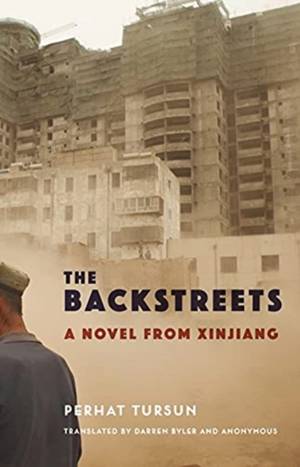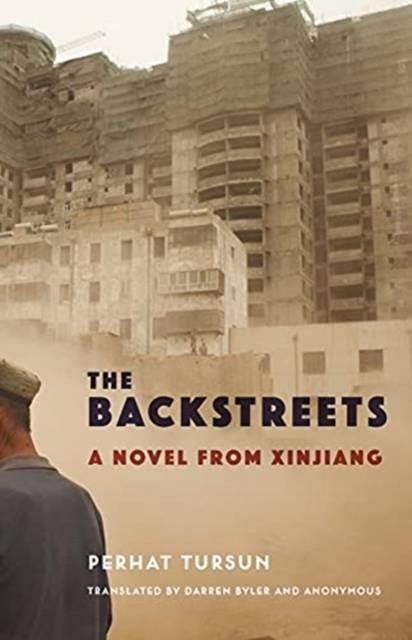
Bedankt voor het vertrouwen het afgelopen jaar! Om jou te bedanken bieden we GRATIS verzending aan op alles gedurende de hele maand januari.
- Afhalen na 1 uur in een winkel met voorraad
- Gratis thuislevering in België
- Ruim aanbod met 7 miljoen producten
Bedankt voor het vertrouwen het afgelopen jaar! Om jou te bedanken bieden we GRATIS verzending aan op alles gedurende de hele maand januari.
- Afhalen na 1 uur in een winkel met voorraad
- Gratis thuislevering in België
- Ruim aanbod met 7 miljoen producten
Zoeken
€ 135,95
+ 271 punten
Uitvoering
Omschrijving
The Backstreets is an astonishing novel by a preeminent contemporary Uyghur author who was disappeared by the Chinese state. It follows an unnamed Uyghur man who comes to the impenetrable Chinese capital of Xinjiang after finding a temporary job in a government office. Seeking to escape the pain and poverty of the countryside, he finds only cold stares and rejection. He wanders the streets, accompanied by the bitter fog of winter pollution, reciting a monologue of numbers and odors, lust and loathing, memories and madness. Perhat Tursun's novel is a work of untrammeled literary creativity. His evocative prose recalls a vast array of canonical world writers--contemporary Chinese authors such as Mo Yan; the modernist images and rhythms of Camus, Dostoevsky, and Kafka; the serious yet absurdist dissection of the logic of racism in Ellison's Invisible Man--while drawing deeply on Uyghur literary traditions and Sufi poetics and combining all these disparate influences into a style that is distinctly Tursun's own. The Backstreets is a stark fable about urban isolation and social violence, dehumanization and the racialization of ethnicity. Yet its protagonist's vivid recollections of maternal tenderness and first love reveal how memory and imagination offer profound forms of resilience. A translator's introduction situates the novel in the political atmosphere that led to the disappearance of both the author and his work.
Specificaties
Betrokkenen
- Auteur(s):
- Uitgeverij:
Inhoud
- Aantal bladzijden:
- 248
- Taal:
- Engels
Eigenschappen
- Productcode (EAN):
- 9780231202909
- Verschijningsdatum:
- 13/09/2022
- Uitvoering:
- Hardcover
- Formaat:
- Genaaid
- Afmetingen:
- 140 mm x 216 mm
- Gewicht:
- 362 g

Alleen bij Standaard Boekhandel
+ 271 punten op je klantenkaart van Standaard Boekhandel
Beoordelingen
We publiceren alleen reviews die voldoen aan de voorwaarden voor reviews. Bekijk onze voorwaarden voor reviews.












